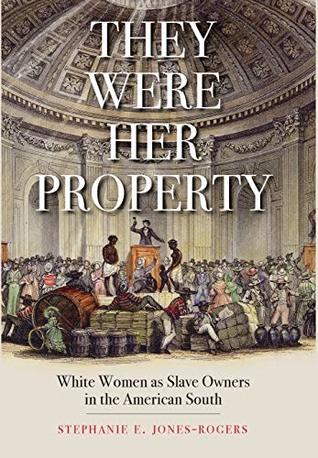By definition and in fact, the mistress was the master’s equivalent. Thus, when South Carolina legislators declared that “every master, mistress or overseer, shall and may have liberty to whip any strange negro or other slave coming to his or their plantation with a ticket” (the pass an enslaved person had to carry when he or she left the master’s estate), they were not imbuing mistresses with subordinate powers or power in their husbands’ stead; they were recognizing the comparable powers and authority that these women possessed.20
Welcome back. Just a moment while we sign you in to your Goodreads account.


